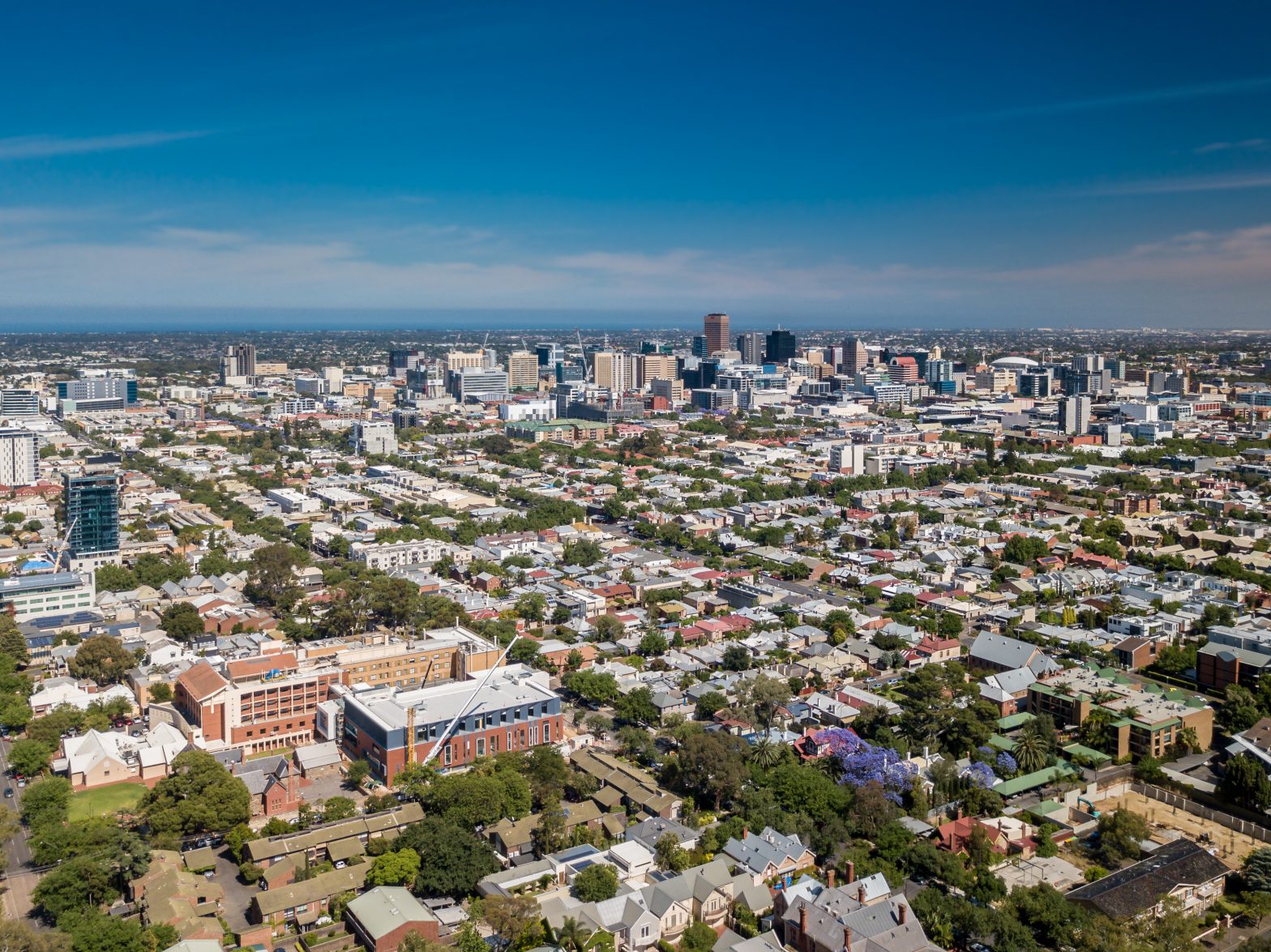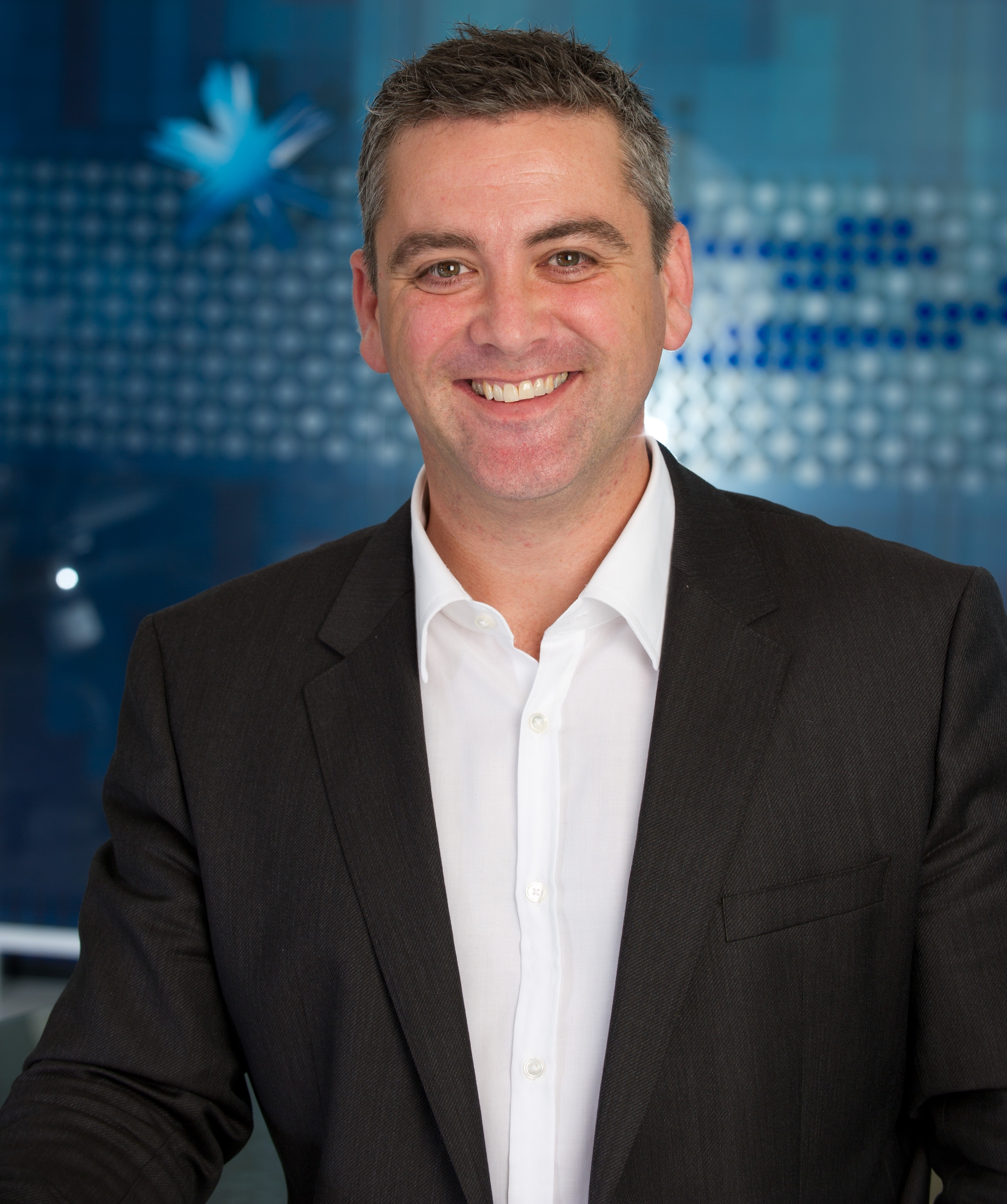
Photo: 37759267735_de32deda34_o
Adelaide launches new data network to attract global investors
08 February 2018
by Jonathan Andrews
By Jonathan Andrews
The City of Adelaide, located on Australia’s southern coast, will begin rolling out a 10-gigabit fibre-optic data network–the first and fastest of its kind in the country–over the coming months.
Called 10 Gigabit Adelaide, the digital infrastructure will be phased in over the next year and a half throughout the city’s 15.5 square-kilometre remit, including the Central Business District and along main commercial strips north of the city. It will provide 10Gbps data transfer capability and a range of high-performance services for the business community.

“It is a complementary network that will not just feature Internet connectivity but a myriad of different services to provide options to business,” says Peter Auhl, CIO, City of Adelaide.
An independent report by the South Australian Centre for Economic Studies puts the quantified productivity and efficiency benefits of the network in the range of A$16 million [US$13 million] to A$76 million per year. Over the first six years it is estimated the network could provide between 1,400 and 2,500 jobs for Adelaide’s greater population of 1.3 million people.
“We are looking at how to use our geography to our advantage,” explains Auhl. “Australia is isolated geographically from the rest of the world, so how do we use this digital infrastructure to connect our economy to the world economy? We are really looking at positioning ourselves differently, to make sure that Adelaide is well placed to participate in the global economy.”
Businesses that connect to the network will be able to choose from up-to-date data capabilities, applications and services including business-to-business connectivity, secure corporate network links, voice and video communication systems, high speed and direct Internet connection and direct cloud connectivity.
The city has partnered with TPG Telecom to build the network. Mark Rafferty, Group Executive, Corporate, Government & Wholesale, says 200 to 300 buildings have been identified for the first stage of the rollout, with 80 to be launched straight away.
Although the service is targeted at businesses, Rafferty emphasises that pricing will be competitive, although exact details are not yet public.
“To drive a product like this, it’ll have a very attractive price point,” explains Rafferty. “It’s not about having a 10 Gigabit city and paying a fortune for it, it’s about enabling as many businesses as possible to be able to afford it.”
While the network is not directly targeted at start-ups, Auhl and his team recognise that for the start-up community to flourish, there needs to be a level of support from big business.

“We are looking at ways to lure in the fin-tech [finance technology] organisations, defence-tech and med-tech [medical technology] and those sorts of industries to be able to amplify the prospects of the start-up community to again solve problems for those industries,” he explains.
The City of Adelaide has invested A$10 million in the project which Auhl says will be returned via revenue streams generated from the network, taking “some of the pressure off of our rate-paying residents of the city”.
Rafferty says it will be interesting to watch how business uses the technology infrastructure to enable new industries within the region.
“Businesses are starting to realise how critical, high-capacity, cost-effective connectivity with the [intranet], Internet, and cloud applications has become,” adds Rafferty. “A lot of companies here in Australia make business decisions on how much bandwidth they can afford, and that is just wrong.”
Smart city capabilities
In addition to the economic benefits, the new network will help free up Adelaide’s existing Internet and city Wi-Fi services. One benefit touted is that the network will become the backbone for a wide range of smart city projects that can then be carried out far more efficiently. These include intelligent traffic flow, autonomous vehicles, artificial intelligence, smart lighting, way finding and CCTV security. Savings made in this area will then, says the city, help free up funds to spend on other services and public infrastructure.
“We’ve negotiated to have access to our own cyber network,” says Auhl. “We will be able to deploy further smart city technologies. New projects are imminent and those projects will need connectivity to be amplified.”
Auhl says that with 10 Gigabit Adelaide the city’s Open Insights Platform which allows people to “slice and dice” their way through information–like tourist and economic statistics–will be “put on steroids.”
The city is also about to launch a smart parking project, operated by Smart Parking Limited, as part of its strategic plan and has released a new planning product–one of the first cities in Australia– that allows a fully electro-planning service.
New business potential
City officials, including the mayor, Martin Haese, are making it plain to see that their hopes are firmly pinned on the potential of the 10 Gigabit network to help it lure business from other Australian cities and from abroad.
Haese even sent a call out to global companies saying they no longer need to pay huge amounts of money for office space in skyscrapers in Sydney or Hong Kong but can consider doing business in Adelaide instead.
“Adelaide is consistently ranked the fifth most liveable city in the world,” said Haese, during the announcement in December 2017. “In addition to our comparatively affordable cost of living, we will soon have a technological advantage which will make us an even more compelling place to set up a business or regional headquarters.”
Mid-sized cities like Adelaide need to differentiate if they are to attract foreign and domestic investment against competitor cities. Mayor Haese and CIO Auhl believe that with the right connectivity and infrastructure in place, the tyranny of distance is no longer an issue.











